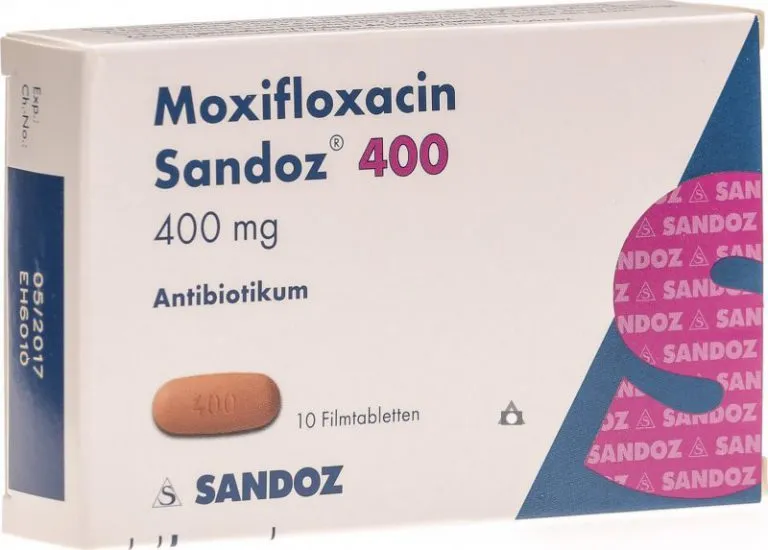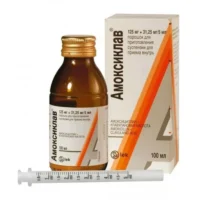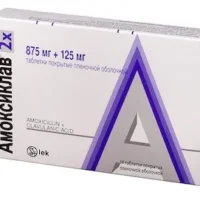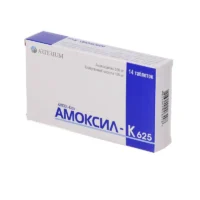Description
Moxifloxacin Sandoz Coated Tablets 400 mg. №7
Ingredients:
Each coated tablet contains 400 mg of Moxifloxacin.
Dosage:
The usual dose is one tablet (400 mg) once daily. Take the tablet with a full glass of water, with or without food, as directed by your healthcare provider.
Indications:
- Moxifloxacin Sandoz is indicated for the treatment of bacterial infections.
- Commonly prescribed for respiratory tract infections, skin and soft tissue infections, and intra-abdominal infections.
Contraindications:
Do not take Moxifloxacin Sandoz if you have a history of hypersensitivity to Moxifloxacin or other quinolones. Consult your doctor before taking this medication if you have a history of tendon disorders.
Directions:
Follow the instructions provided by your healthcare provider or pharmacist. Do not exceed the recommended dosage or duration of treatment.
Scientific Evidence:
Moxifloxacin, a fluoroquinolone antibiotic, has demonstrated efficacy in treating a wide range of bacterial infections. Studies have shown its effectiveness in combating pathogens such as Streptococcus pneumoniae, Haemophilus influenzae, and Moraxella catarrhalis. Research published in the Journal of Antimicrobial Chemotherapy highlighted the high potency of Moxifloxacin against respiratory pathogens.
Additional Information:
It is important to complete the full course of Moxifloxacin Sandoz as prescribed, even if symptoms improve before the medication is finished. Skipping doses or stopping the medication prematurely can lead to antibiotic resistance. If you experience severe or persistent side effects, contact your healthcare provider immediately.
Moxifloxacin works by inhibiting the activity of bacterial topoisomerases, enzymes essential for DNA replication and repair in bacteria. This action disrupts the bacterial DNA synthesis process, leading to cell death and ultimately clearing the infection from the body.
Clinical trials have shown Moxifloxacin to be comparable in efficacy to other antibiotics in its class, with the added benefit of a convenient once-daily dosing regimen. Its broad spectrum of activity and favorable pharmacokinetic profile make it a valuable option for the treatment of various bacterial infections.





